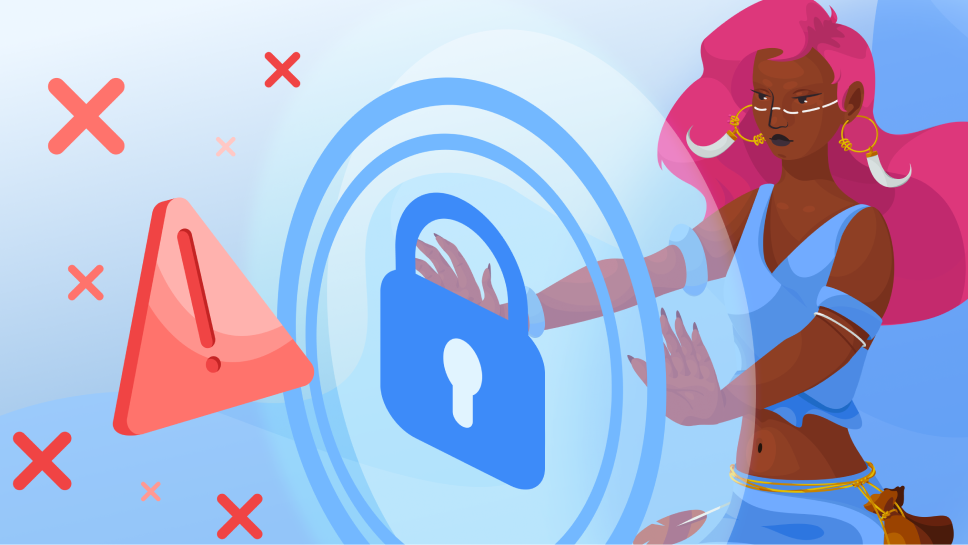- Aug 17, 2014
- 11,108
The AdGuard DNS v2.10 release is comparable in scope to the DNS-over-QUIC implementation — AdGuard DNS has once again become the world’s first public DNS resolver to implement a new feature before it becomes an official standard. This time, it’s Structured DNS Errors.
Below, we’ll go into detail about what this is and why it’s important. But if you’re short on time, here’s the summary:
- When a website is blocked at the DNS level, users may see a “This site can’t be reached” or “No Internet connection” error that doesn’t explain the reason for the block.
- To clarify this, DNS servers could redirect users to their own page with an explanation. However, HTTPS websites (which are the majority of websites) would require a separate certificate.
- There’s a simpler solution: Structured DNS Errors (SDE). They allow additional information (like the reason for blocking, responsible entity, and contact info) to be sent in the DNS response so that the browser can read it and pass it on to the user, greatly improving communication transparency.
- For this system to work, browsers must start supporting SDE. This is what we’re advocating for.

AdGuard DNS now supports Structured DNS Errors. Here’s what it means
AdGuard DNS is the world's first public DNS resolver to support Structured DNS Errors (SDE). Read how they can make communication more transparent for billions of people.
